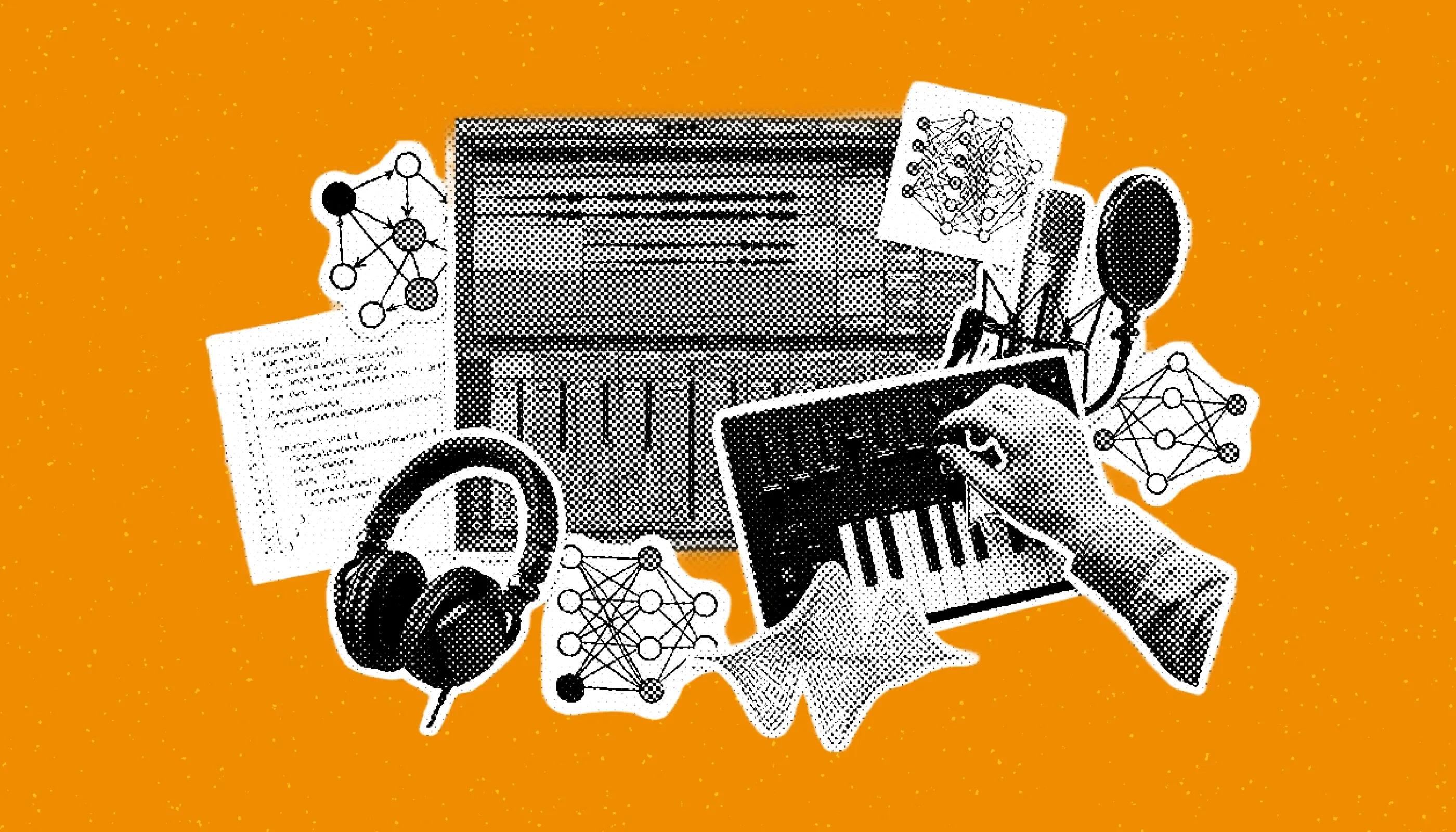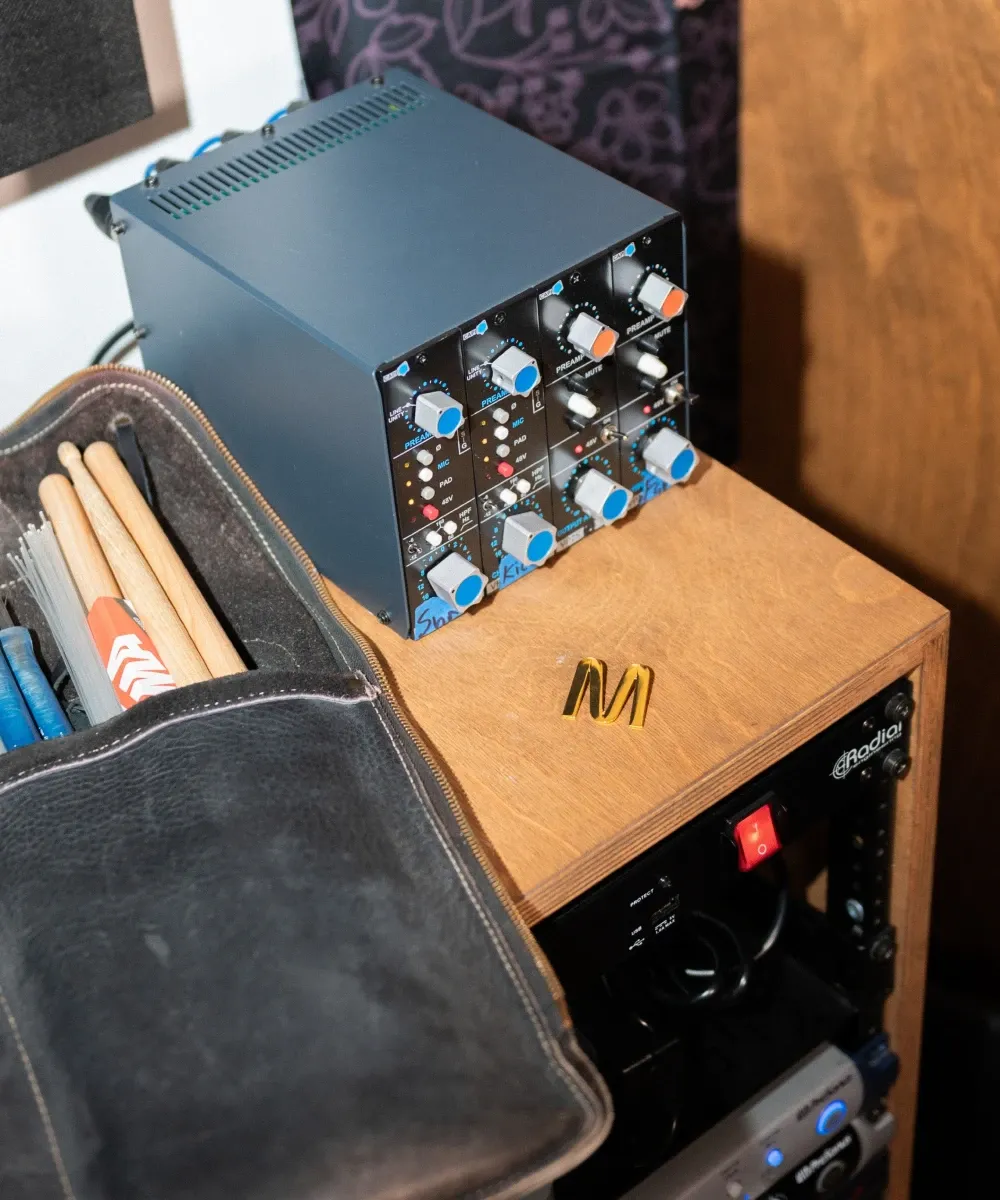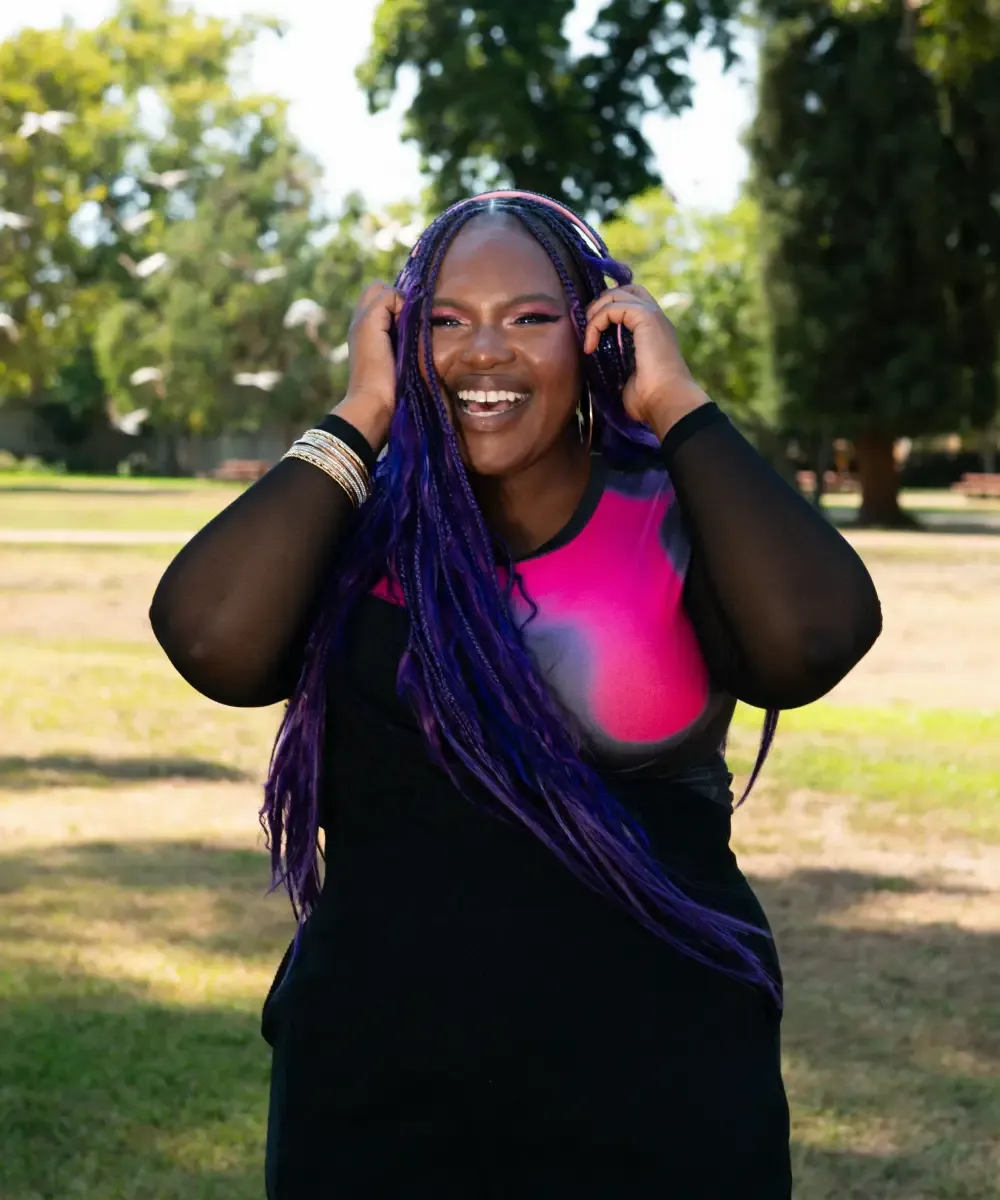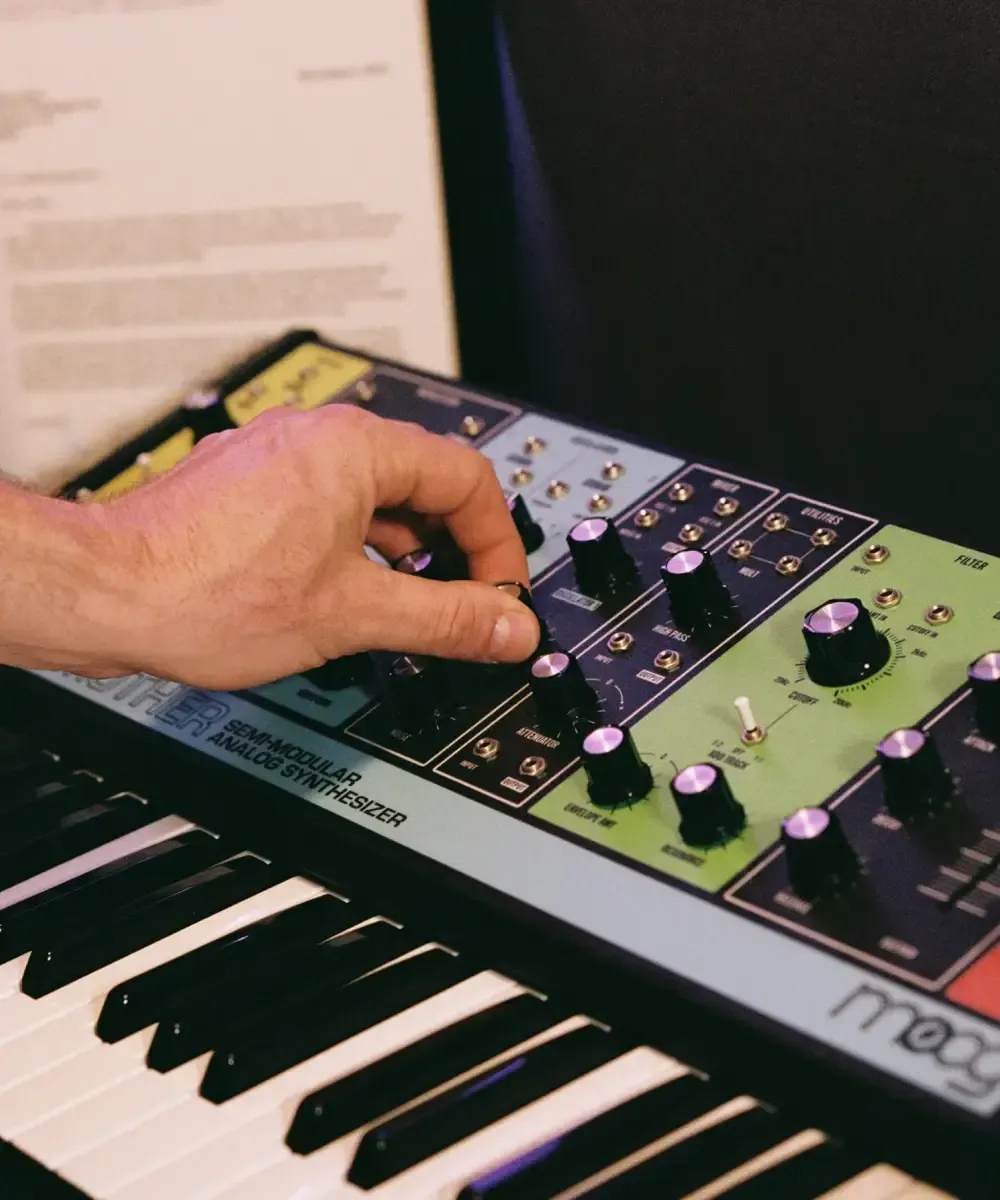
How to Use AI in Music Production
Explore practical ways to use AI in music production: overcome creative blocks, refine melodies, lyrics, and chord progressions. Discover how tools like ChatGPT and stem splitters can revolutionize your workflow.
Introduction
The rise of AI in music has certainly sparked a complex reaction among musicians and content creators. There’s been a blend of thrilling possibilities and understandable anxieties. However, rather than thinking of it as a replacement for human creativity, AI can be a potent catalyst for unlocking fresh avenues for songwriting and production.
This article explores the practical applications of AI as a tool for music producers, aiming to enhance productivity, workflow, and creative exploration.
We’ll examine how, with a combination of accessible tools like ChatGPT, Gemini, and carefully crafted prompts, alongside dedicated music AI platforms, music producers can achieve surprising and innovative musical results.
There are several benefits of AI in music production.
AI as a Collaborative Partner
Think of AI in music as a collaborative partner. By leveraging AI's capacity to process large amounts of data instantaneously, discover musical patterns, and generate innovative variations, producers can dramatically enhance their workflow.
This allows for faster experimentation, accelerated learning, and the ability to break through creative barriers.
AI in Music to Overcome Creative Blocks
Every musician knows the feeling of the dreaded creative block. Melodies fall flat, chord progressions sound stale, and inspiration grinds to a halt. This is where AI can be useful by offering fresh perspectives and generating ideas to reignite the songwriting process.
It can develop melodies, and motifs and put different ideas together; craft intriguing and unique chord progressions, and even suggest harmonic twists made to achieve your specific desired sounds - such as a smooth key modulation, a change in thematic mood, etc.
With AI's help, you can instantly generate a musical foundation for your song, serving as a powerful starting point. For many, the process of editing and reworking existing music is easier compared to staring at a blank slate trying to come up with a new idea.
This foundation often acts as a catalyst, kickstarting an independent musical idea that allows you to move away from AI's initial contribution.
AI as a Genre Guide: Uncover Musical Secrets
Want to infuse your music with a specific style? Leverage AI to be your insightful guide. Use it to reveal the core elements that define any genre. For example, if you're aiming for a country-infused sound, AI can pinpoint characteristic rhythms, harmonies, and instrumentation.
Beyond simple analysis, AI excels at blending musical elements, opening up exciting possibilities for genre fusion. This empowers you as a producer to navigate new musical territories, crafting truly unique and innovative compositions.
Stem Splitting: Analyzing Individual Tracks of Any Song
AI-powered stem splitter software enables you to extract individual instrument stems from a complete audio track. This capability offers valuable insight into song composition and arrangement.
By isolating elements like vocals, drums, or guitar, we can discover subtle nuances that contribute to a song's overall impact. For instance, in rock music, guitar octaves often provide a crucial energy boost, and stem splitting allows us to analyze these specific elements in isolation. Logic Pro includes a powerful stock stem splitter, enhancing the ability of producers and engineers to manipulate individual audio elements.
Refining Your Music: AI as a Musical Editor
Use AI in music production beyond generating new musical ideas, AI excels at editing and enhancing your existing songs. By analyzing structure, melody, and lyrics, AI algorithms offer detailed feedback and suggestions for improvement. This empowers any songwriter to refine their work, pinpoint areas needing attention, and maximize their songs' impact.
Empowering Your Creativity: A Learning Tool
AI should be seen as a tool to enhance, not replace, your creative process. It's a resource to break through creative blocks and maintain momentum. AI can expose you to intricate and interesting harmonic approaches, enriching your musical knowledge.
For example, if you’re stuck trying to modulate to a different key, you can use a prompt to ask for a solution on how to smoothly transition into a different tonal center. This newfound understanding may eliminate the need for AI in future projects. In essence, AI becomes a valuable learning experience, fostering your independent creative growth.
By merging AI's capabilities with real-time songwriting feedback and advice sessions, you can swiftly acquire knowledge that significantly enhances your music production skillset.
Troubleshooting and Research: AI as a Music Detective
Encountering barriers in your Digital Audio Workstation (DAW) workflow can be frustrating. Instead of spending valuable time sifting through endless Google searches and forum threads, AI offers a streamlined way to research and find solutions.
AI in music can also serve as a powerful music detective, helping you reverse-engineer desired sound characteristics. Whether you're aiming for a specific synth timbre, a guitar tone, enhanced mix clarity, or a more impactful low-end presence, AI can provide valuable guidance.
While AI in music might not always deliver a perfect replica, it can offer a close approximation, sparking creative inspiration and accelerating your sound design process.
Practical Ways to Enhance Your Music with AI
Let's explore specific ways AI can be used as a songwriting tool.
1. Brainstorming and Lyric Generation
AI serves as a brainstorming partner for lyricists. By providing themes, moods, or topics, you can generate a diverse range of lyrical content, from single phrases to complete verses.
2. Melody and Chord Progression Ideas
AI can help you create interesting chord progressions and melodies. By analyzing musical patterns and trends, you can use AI to create unique combinations.
Check out our article on jazz chord progression for actionable tips on the foundation of jazz music.
3. Song Structure and Arrangement
A good AI tool can help you identify structural weaknesses, particularly when writing within specific genre constraints.
4. Refining and Editing: Polishing the Final Product
There are AI apps that will master your music simply with a click of a button. It’ll smoothen out dynamics, add clarity, create a punchier low-end, and manually adjust parameters such as EQ, compression, volume, stereo width, and more.
Tools like eMastered and BandLab can be useful tools.
Unlike ChatGPT or Gemini, these types of services tend to come with a price tag or subscription fee.
Conclusion: Embracing the AI Collaboration
As we’ve seen, AI for music can be a tool in your arsenal to keep a consistent workflow, overcome writer's block, and be another set of ears to offer solutions and improvements to your music.
With great power comes great responsibility. While AI can be a valuable source of inspiration, be wary of becoming overly dependent. The real magic happens when you blend AI's insights with your hard-earned skills and original ideas.
Unlimited Recording Sessions with Professional Musicians
Musiversal connects you to 100+ top musicians and engineers, offering unlimited recording sessions. Whether you need a dynamic drummer, a soulful vocalist, bold brass, or soaring strings, you can find what you need to take your music to the next level. Collaborate in real-time via live sessions, ensuring your music sounds exactly as envisioned.
Get your music mixed and mastered by our award-winning producers and make sure your music is polished and ready for its release into the world.
Expand your musical knowledge with the Musiversal blog. We cover everything from music theory to practical and actionable tips on music production.
Become a Musiversal insider. Subscribe to our newsletter for exclusive discounts, inspiration from behind-the-scenes content from recording sessions, music marketing advice, industry insight, and much more.
Join The Musiverse: Your free space to connect, create, and compete.
Collaborate with global creators, level up in live workshops, and win exclusive prizes. Join the community today!

Your Music, No Limits.
Join the Waitlist
